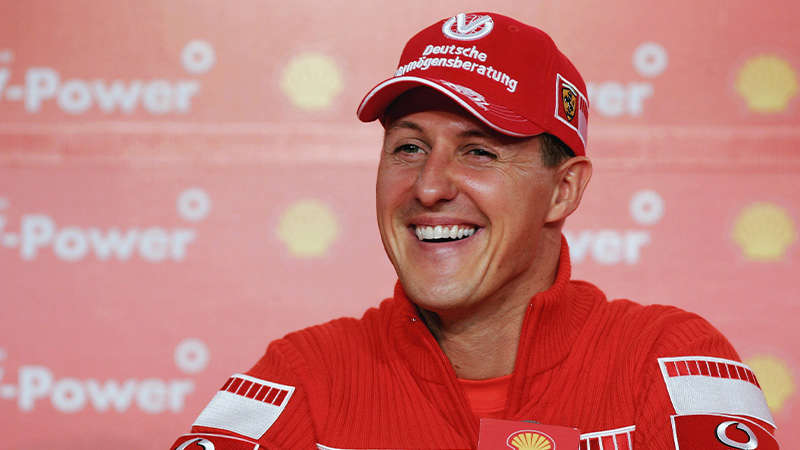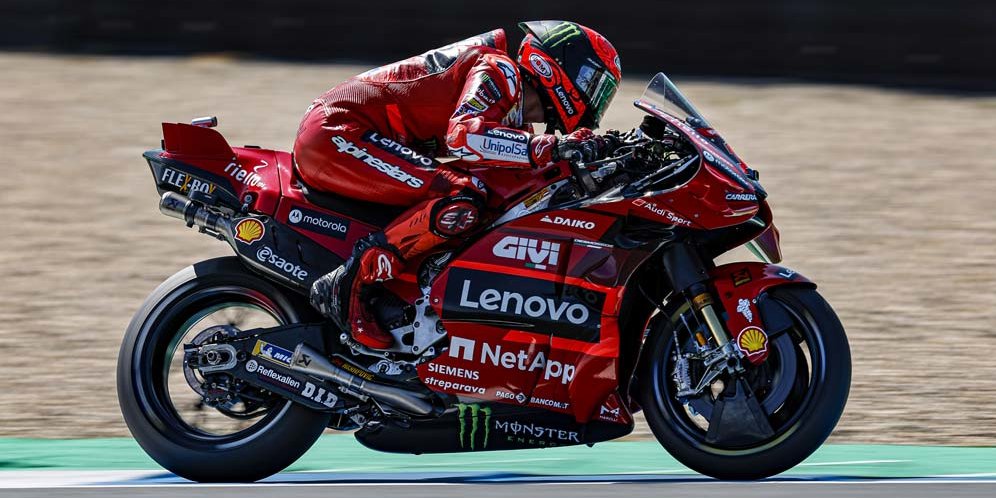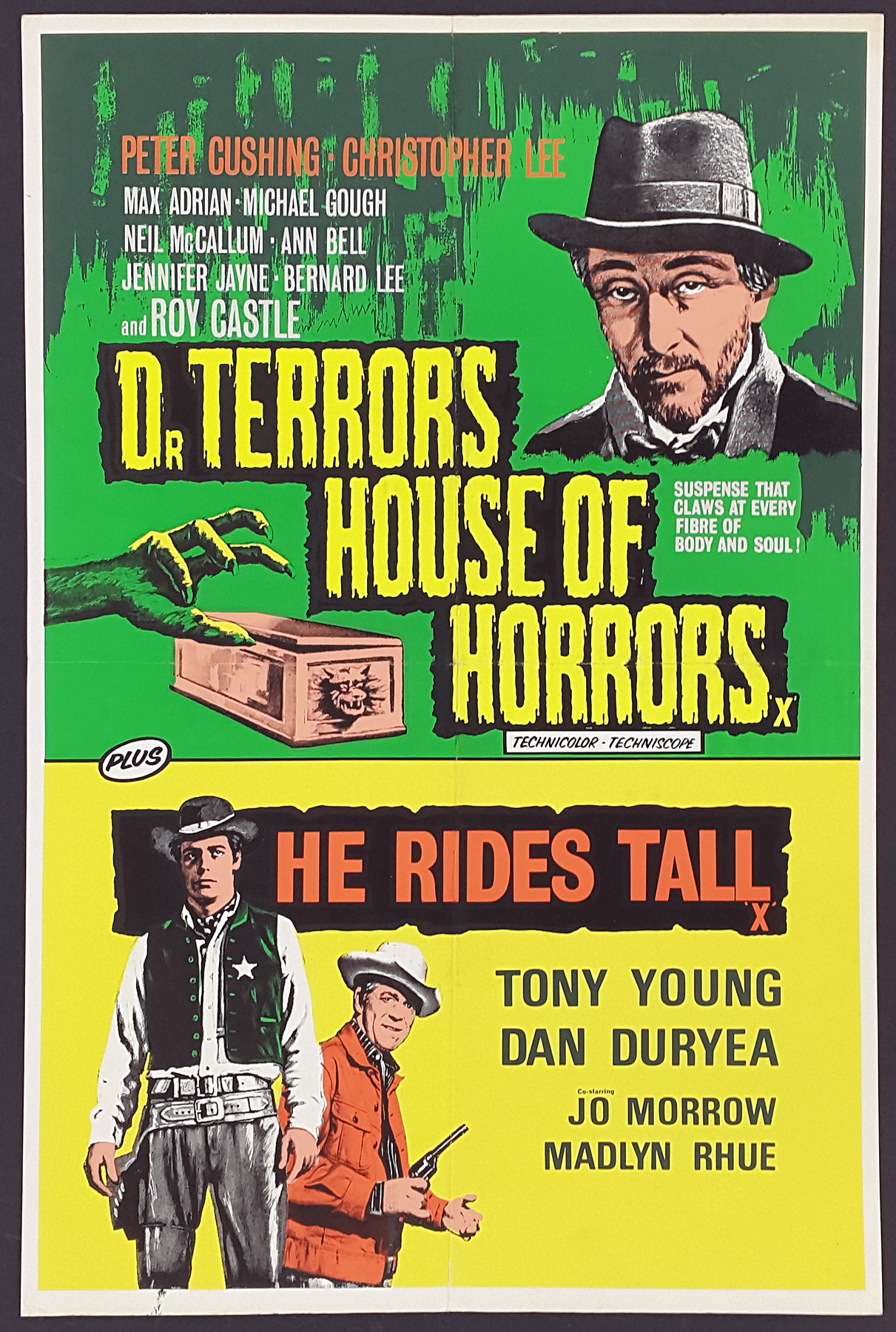Was Michael Schumacher Unfairly Disliked By Fellow Drivers?

Table of Contents
Schumacher's Aggressive Driving Style: Fact or Fiction?
Schumacher's driving style was undeniably aggressive. This is a key element in the debate surrounding whether he was unfairly disliked. Keywords associated with this aspect include aggressive driving, racing incidents, overtaking, collisions, and Schumacher's driving style. Let's analyze some specific examples:
- Analysis of specific incidents: The 1994 and 1997 championship battles are prime examples. His collisions with Damon Hill in 1994 at Silverstone and with Jacques Villeneuve in 1997 at Jerez, both pivotal championship moments, fueled accusations of intentional foul play. These incidents, among others, are frequently cited as evidence of his aggressive – some would say reckless – approach to racing.
- Examples of collisions and their impact: These weren't isolated events. Numerous other collisions throughout his career, often resulting in significant damage to rival cars and impacting their race results, contributed to the perception of him as a dangerous driver. The impact on other drivers' championship hopes, especially the 1994 and 1997 incidents, greatly intensified the negative sentiment towards him.
- Comparison with other aggressive drivers: While many drivers in Formula 1 history have been known for their aggressive driving, Schumacher's approach often seemed to cross a line, pushing the boundaries of acceptable on-track behavior more consistently than his contemporaries. Comparing his driving to that of other aggressive drivers like Ayrton Senna reveals distinct differences in their approaches and the consequences of their actions.
- Discussion of the changing regulations: The evolution of Formula 1 regulations over Schumacher's career also plays a role. The changing rules regarding overtaking and contact influenced the perception of his driving style, with some arguing that certain maneuvers, while aggressive, might have been considered acceptable under earlier regulations.
The Perception of Unsportsmanlike Conduct
Beyond aggressive driving, many perceived Schumacher's behavior as unsportsmanlike. This encompasses his actions both on and off the track, contributing significantly to the negative perception. Relevant keywords here include unsportsmanlike conduct, rivalries, controversies, media portrayal, public opinion, and Schumacher's image.
- Examination of specific incidents: Post-race comments, often critical or dismissive of rival drivers, further exacerbated the negative perception. His interactions with other drivers, both during and after races, frequently lacked the sportsmanlike spirit often expected from a top-level athlete.
- Analysis of media coverage: The media played a crucial role in shaping public opinion. Sensationalized coverage of his controversies undoubtedly amplified the negative aspects of his personality and actions, possibly creating an unfair portrayal to the wider public.
- Impact of rivalries: His intense rivalries, particularly with Damon Hill and Jacques Villeneuve, dominated headlines and further fuelled the perception of him as a ruthless competitor, willing to do whatever it takes to win, regardless of the consequences for others.
- Media amplification: It's crucial to consider whether the media disproportionately focused on the negative, overshadowing his undeniable skill and achievements. This is a key factor in assessing whether the dislike was justified or merely a product of biased reporting.
The Counterarguments: Schumacher's Skill and Dedication
It's impossible to discuss Schumacher's career without acknowledging his exceptional talent and dedication. Keywords relevant to this section include driving skills, talent, success, dedication, achievements, competitive spirit, and Formula 1 legend.
- Highlighting Schumacher's talent: His seven World Championships, countless race victories, and numerous pole positions stand as irrefutable evidence of his immense skill and dominance in the sport. His technical understanding of the car and his ability to push it to its limits were legendary.
- His contribution to the sport: Schumacher's contribution to Formula 1 is undeniable. He elevated the profile of the sport and helped usher in a new era of professionalism and competitiveness.
- Competitiveness as a strength: His unwavering competitiveness, while viewed negatively by some, was simply a reflection of his intense desire to win. This drive pushed him to the limits, sometimes resulting in controversial on-track incidents.
- Pressure inherent in Formula 1: The immense pressure associated with Formula 1, the constant battle for championship points, and the spotlight of global media scrutiny could have contributed to his sometimes aggressive and controversial behavior.
Was the Dislike Justified? A Balanced Perspective
Considering the arguments both for and against the claim that Schumacher was unfairly disliked requires a balanced perspective, acknowledging both the positive and negative aspects of his career. Keywords for this section include justified dislike, balanced perspective, objective analysis, critical evaluation, and legacy reassessment.
- Summary of arguments: Schumacher's aggressive driving style and controversial incidents undeniably contributed to negative perceptions. However, his exceptional talent, dedication, and achievements also demand recognition.
- Nuanced perspective: A nuanced perspective acknowledges that while his actions were sometimes questionable, they were often fueled by an exceptional competitive drive within the incredibly high-pressure environment of Formula 1 racing.
- Evolution of the sport: The evolution of the sport and the subsequent changes in regulations and attitudes towards on-track conduct must be considered when assessing his actions and their consequences.
Conclusion
This article explored the complex question of whether Michael Schumacher was unfairly disliked by his fellow drivers. While his aggressive driving style and on-track incidents undoubtedly contributed to negative perceptions, a balanced assessment requires acknowledging his exceptional talent and the intense pressure within Formula 1. The media's role in shaping public opinion also deserves careful consideration. His legacy remains a subject of ongoing debate, with many questioning whether his aggressive driving was simply a reflection of his extreme competitiveness or something more.
What are your thoughts? Was Michael Schumacher unfairly disliked, or was his reputation deserved? Share your opinions in the comments below and join the discussion on whether Michael Schumacher's legacy requires a reassessment.

Featured Posts
-
 Frnsa Aktshaf Jthth Dhaya Jrymt Qtl Dakhl Mnzl Almthm Alharb
May 26, 2025
Frnsa Aktshaf Jthth Dhaya Jrymt Qtl Dakhl Mnzl Almthm Alharb
May 26, 2025 -
 Jangan Lewatkan Jadwal Lengkap Moto Gp Inggris Di Silverstone
May 26, 2025
Jangan Lewatkan Jadwal Lengkap Moto Gp Inggris Di Silverstone
May 26, 2025 -
 Die Dankbarkeit Von Lars Fuchs Vom Fcm In Die Bundesliga
May 26, 2025
Die Dankbarkeit Von Lars Fuchs Vom Fcm In Die Bundesliga
May 26, 2025 -
 Hudson Valleys Top Shrimp Dining Experiences
May 26, 2025
Hudson Valleys Top Shrimp Dining Experiences
May 26, 2025 -
 Dr Terrors House Of Horrors A Guide To The Thrills
May 26, 2025
Dr Terrors House Of Horrors A Guide To The Thrills
May 26, 2025
